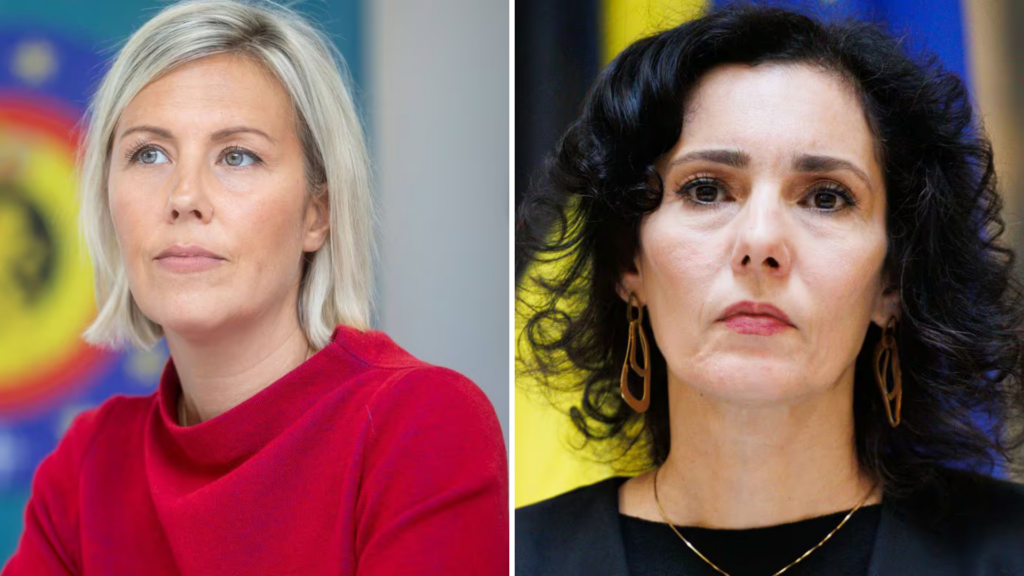Belgium's military aid to Ukraine since the start of the war has reached the €1 billion mark, according to Defence Minister Ludovine Dedonder (PS).
The government has approved 25 military aid packages s0 far, with the most recent on Friday amounting to €100 million for F-16 fighter jet maintenance, a project in tandem with six other countries.
Since the Russian invasion on 24 February 2022, aid provided by Belgium has consisted in military equipment, fuel and industry purchases. These actions are closely coordinated with allies to ensure that aid is complementary and tailored to Ukrainian needs.
"Belgian Defence will continue to respond to Ukrainian demands, either through donations from its stocks or mobilising our industry," said Dedonder. "Defence's general support for the Ukrainian armed forces will continue for as long as needed."
The invasion of Ukraine took Europe and has propelled the debate about collective defence to the top of the agenda, most notably regarding national spending on defence and compliance with NATO targets. Belgium allocated just 1.1% of its GDP to defence last year, falling well below the 2% NATO member minimum. This is expected to rise to 1.24% this year, to 1.57% by 2030 and to the required 2% by 2035.
MPs were keen to discuss these issues with Minister Dedonder during a parliamentary session on Wednesday. Opposition party Les Engagés and ruling party MR agreed on the urgency of dealing with the Russian threat. "We should not underestimate the existential threat Putin poses by carrying on as usual. If we do not prepare for war, we will face it," warned Georges Dallemagne (Les Engagés).
Meanwhile, Théo Francken (N-VA) and NATO Vice-President (as head of Belgian delegation) believes that Belgium is already "shouldering its responsibilities" in this regard.
Unkept promises
Ukraine's accession to NATO was another hot topic among Belgian MPs. Dedonder warns that this step is a "long-term multilateral process that will require agreement from all Allies and cannot be achieved as long as Ukraine is at war."
The Minister also addressed the nuclear threat from Russia, stating that NATO's response to an aggression would not necessarily involve the reactionary use of nuclear, as "conventional" alternatives are available too.
Meanwhile, Foreign Affairs Minister Hadja Lahbib (MR) has warned that "it would be dangerous to make promises we can't keep" regarding a five-year NATO defence fund for Ukraine amounting to €100 billion.
NATO Secretary-General Jens Stoltenberg proposed the initiative during a ceremony for the military alliance's 75th anniversary in Brussels on Wednesday. "We will be analysing the feasibility of this proposal," commented Lahbib to Belga News Agency.
Stoltenberg did not give more specific details about the fund but said that the objective is to reach a consensus before the upcoming NATO summit scheduled for July in Washington. The move is believed to be a way of securing funding to Ukraine in the light of Donald Trump returning as US President.

